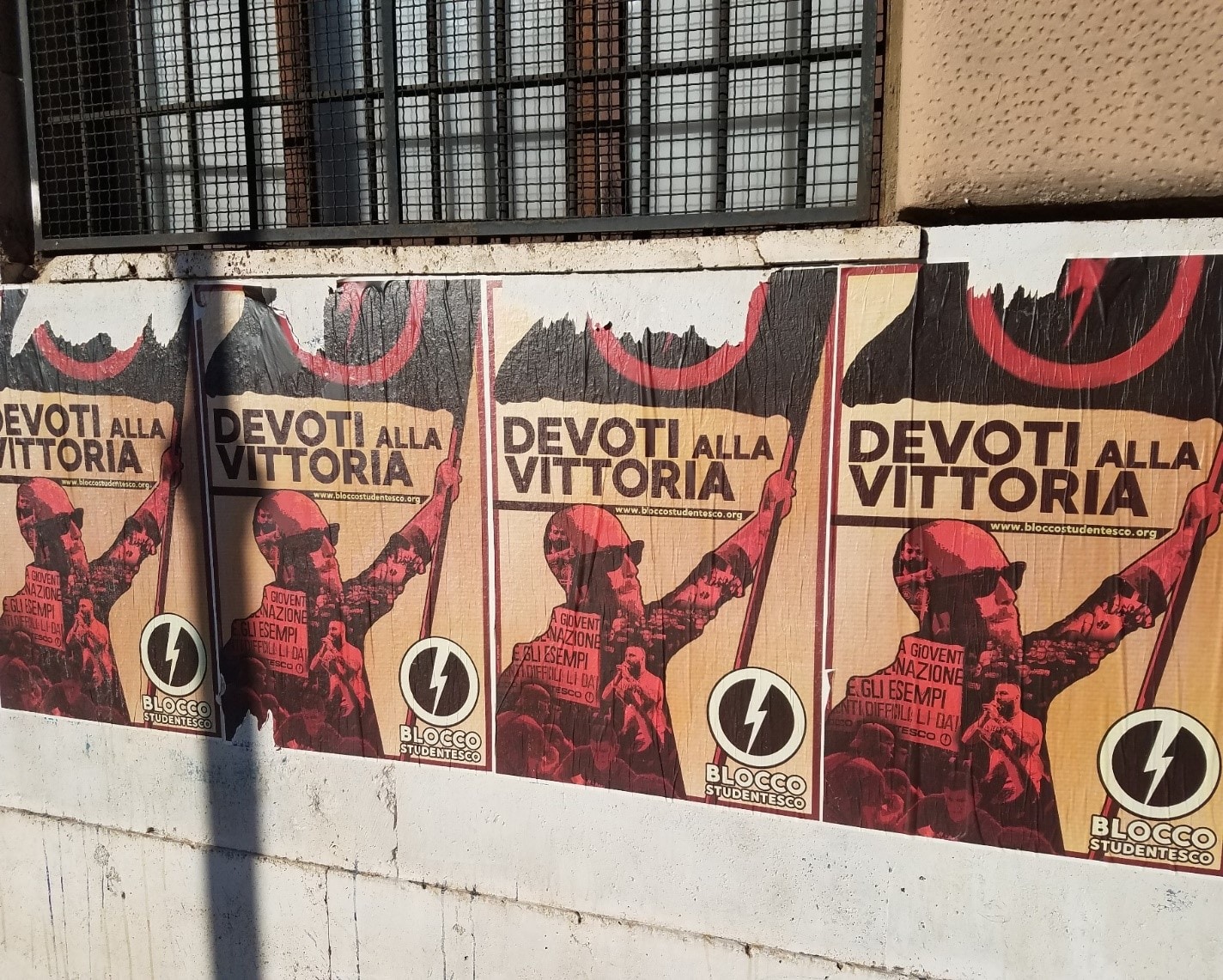On January 29, 2002, Israel's High Court of Justice (the Israeli Supreme Court) rejected a petition submitted onbehalf of Member of Knesset Muhammad Barakah to block the government's policy of "targeted killings" ofterrorists.[1] The court ruled that it will not intervene in the selection of fighting methods used by Israeli securityforces in the battle against terror.
Furthermore, as indicated by the defense attorneys (the government), the State of Israel "no longer relates tothe intifada as a popular uprising, but rather as an 'armed confrontation.'"[2] Following are excerpts from the courthearing:[3]
Plaintiff: "Israel is executing people without a trial. Israel is using lethal means against the individual in his home, his office, and his vehicle, at a time when he is not presenting a clear and present danger."
Plaintiff: "And who is to determine who is a terrorist?"
Plaintiff: "But the occupying force in the territories, Israel, is responsible for the lives of the inhabitants."
Plaintiff: "At least, I ask [that the court] will order an intermediate edict that would freeze the policy of executions until a decision is reached regarding my petition."
Plaintiff: "You must intervene, since the taking of life is possible only by a decision of an authorized court."
The judges ruled the following: "The High Court of Justice will not intervene in the choice of fighting methods to be used by the security forces in order to foil terror attacks in advance..."
[1] The court hearing was lead by Justices Eliyahu Mazza (who presided), Mishael Cheshin, and Edmond Levy. The state of Israel was represented by attorney Shay Nitzan, backed by the head of the international law division in the army, Colonel Daniel Reisner.
[2] As reported in Ha'aretz, according to the position taken by the defense, the State of Israel "no longer relates to the intifada as a popular uprising, but rather as an 'armed confrontation.' Therefore, the policy is now that of warfare rather than policing. Accordingly, the terrorists that are eliminated are fighters, and worse - illegal fighters who are not entitled to the protection of international law. As such, it is permitted to harm them in order to prevent 'future hostile acts.' Law Professor Emmanuel Gross concurs with this view in an article he published in 'Shnaton Hakirya Ha'academit.' As in the days of President Clinton, he writes, even before September 11, 'The approach was adopted according to which during war as well as in peacetime, when groups or individuals, like bin Laden, pose an imminent threat – killing them in order to prevent the threat should not be viewed as a prohibited assassination.'" I, January 31, 2002.
[3] Ma'ariv, January 30, 2002; IDF Radio, January 30, 2002; I, January 31, 2002.




